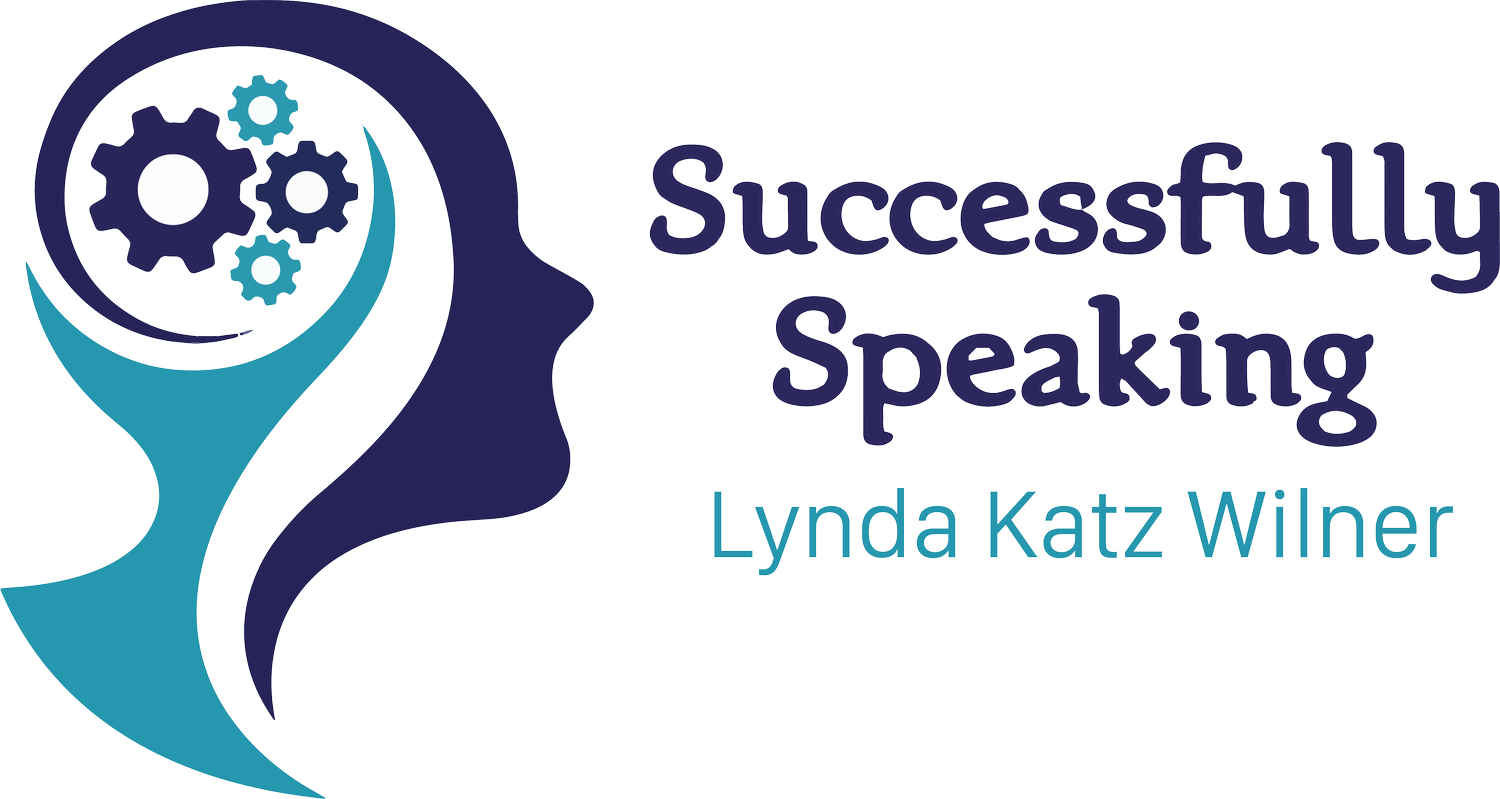Active Listening Skills
Do you demonstrate good listening skills? Listening is a critical component of effective communication…whether it is at work, in an interview, with friends, family, or even on a date.
What is the difference between listening and hearing? Hearing is a passive activity. Our ears detect the signals and deliver the sound impulses to our brain. Even if we can hear, we many not be actually listening. Listening is a more complex process that requires attention, desire, and interpretation. How often do you hear noise, but ignore it, or hear someone talking, but tune them out?
Active listening requires selective attention to what is being said as well as observing the non-verbal cues to receive additional information. For example, someone may say they want to meet with you, but may provide other indications with tone of voice or body language that they may not actually mean what they say. Watch for non-verbal signals that may convey discrepancies in the message:
Is the person maintaining eye contact?
Do they appear sincere?
Does their smile or facial expression match the message they are trying to convey?
Is their tone of voice consistent with the message?
Do they appear open to you or are they crossing their arms over their chest or fidgeting in a nervous manner?
Active listening not only helps us interpret better, it also conveys our sincere involvement with the speaker. In addition, this critical skill helps a conversation flow. Let’s see the ways to show that you are a good listener:
Stop what you are doing to give undivided attention to the speaker. This means put your smartphone away, turn off the TV, and avoid looking at your watch.
Maintain eye contact as the other person is speaking.
Smile or give appropriate facial expressions.
Turn off your emotional filters, e.g., if you had a rough morning or have preconceived feelings about a topic, don’t let that influence your ability to listen to the content.
Avoid judging the speaker, e.g., if you don’t approve of the speaker’s lifestyle choices or values, don’t let that influence your listening ability.
Nod to acknowledge verbally that you are following what they say, even if you don’t necessarily agree!
Lean towards the speaker to show interest.
Avoid interrupting or completing the speaker’s sentences.
Paraphrase what they are saying to make sure you understand.
Repeat their last statement to keep the conversation flowing, e.g., “You went to the meeting in Atlanta?”
Ask questions that are related to the topic. A complete topic shift will clearly indicate that you are not paying attention.
We often focus on becoming good speakers. However, communication involves being a good speaker and listener. How can we improve this? Record your end of a telephone conversation. Listen to hear if you are interrupting, offering verbal acknowledgment as you listen (“uh-huh,” “yes,” “I see,” etc.), or responding appropriately. Excellent communication skills, both listening and speaking, will help us in our social, personal, and professional interactions.

